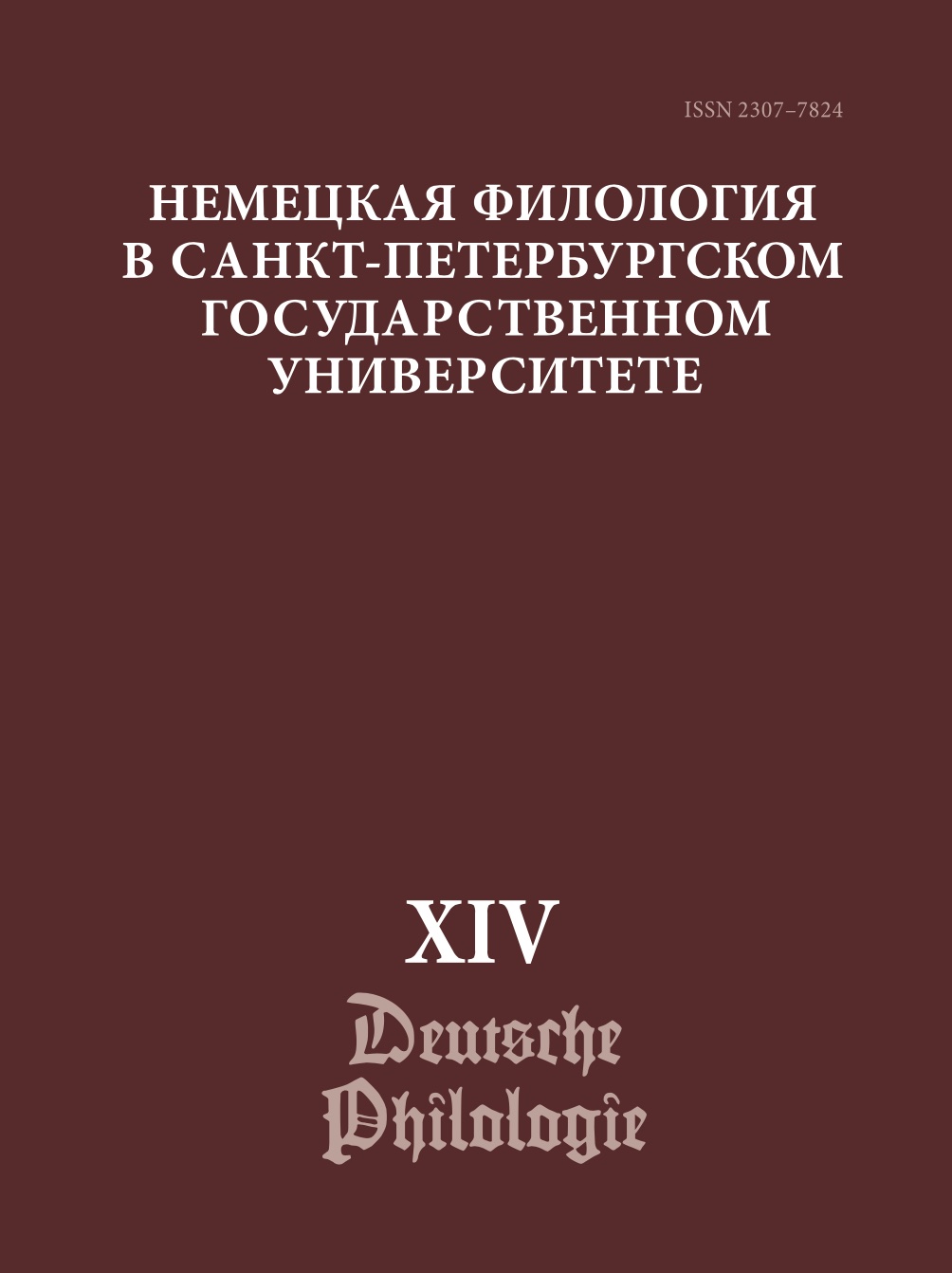LINGUISTIC PECULIARITIES OF GERMAN-LANGUAGE ELECTION SLOGANS (on the material of election campaigns in 2017 and 2021)
DOI:
https://doi.org/10.21638/spbu33.2024.113Abstract
The article analyses the linguistic features of German-language election slogans on the material of election campaigns of five parties in 2017 and 2021. The study establishes the relationship between the characteristic features of political discourse, its strategies and syntactic features. In accordance with the desire to express ideas as briefly as possible, preference is given to simple extended sentences, which allow to compress the meaning into a maximally memorable and easily perceived form. At the same time, the authors regularly resort to language play, which makes it possible to fill the statements with new layers of meaning in their characteristic form, causing the recipient’s involuntary desire to make a cognitive effort to understand the author’s intention. The peculiarities of the reflection of sentence categories — modality, temporality and authorisation — in pre-election political slogans have been determined. It has been established that there is a turning away from direct influence on the addressee, grammatical, lexical and graphic means serve to win the votes of voters with minimal imperative influence on them, what is used mainly to reduce the degree of aggressiveness. The category of temporality is constantly reflected in German-language election slogans, but it is not always explicated by verbal means. Most slogans are oriented towards future time, potential changes, actualising the predictive function of slogans. The established predominant deauthorisation of political advertising texts can be explained by the principle of reductionism and the desire for a more neutral design of statements, and the visual design helps to “authorise” advertising.
Keywords:
political discourse, election slogan, syntax, modality, temporality
Downloads
References
Литература
References
Downloads
Published
How to Cite
Issue
Section
License
Условия передачи авторских прав на статьи и рецензии, опубликованные в ежегодном периодическом издании «Немецкая филология» регулируются условиями Лицензионного Договора автора с Санкт-Петербургским государственным университетом. В соответствии с Лицензионным Договором опубликованные материалы находятся в открытом доступе, а авторам бесплатно предоставляется неограниченные возможности их распространения и самостоятельного архивирования.




